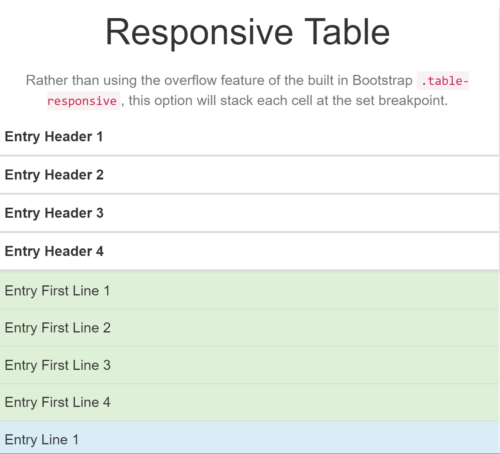Monday, March 21, 2005 began like many others, but it ended in a way I’ve never fully recovered from.
That afternoon, like most, I was at The Belton Journal working on articles for that week’s paper.
Suddenly, I was jolted when I received a phone call from my mom. She was in a panic and didn’t have much to say beyond, “Jonathan, I don’t know what’s going on but pray for your sister, she’s gone code blue.”
I had no idea what that meant or what was happening, but I immediately jumped from my desk and began praying as I walked around downtown Belton. I don’t know what lead me do it or but I can still picture the businesses on Central Ave. as I walked past them that day.
My sister Amy had been in and out of the hospital for most of the month with severe headaches and several seizures. The doctors had done multiple scans and tests and didn’t find a cause until a few days before, when a tumor was discovered on her kidney.
I was planning to drive to Dallas on Saturday to see her, but she assured me she was fine and didn’t want me to go out of my way to drive up to Dallas. She told me they were waiting for some of her meds to leave her system and then they would operate on Monday or Tuesday, and she would look forward to seeing me after she was at home recovering.
I should have made that trip.
By the time I finished my walk, the rest of the week is largely a blur.
I received a call shortly after I walked back into the office that my sister was gone. I assume it was my dad, but I don’t even remember who called or what was said. I just know that at 24 years young, my sister breathed her last breath.
I remember making some arrangements with the staff to have the paper finished and then headed home.
My boss, David Tuma, arrived a short time later, providing some words of encouragement and offering me his credit card – essentially a blank check. He told me to use it for anything I needed that week and to take my family to dinner one night with it. That moment of encouragement, kindness and generosity has stuck with me ever since.
I remember the drive to Dallas with three songs on repeat most of the way, Blessed be the Name by Tree63, My Redeemer Lives by Nicole C Mullen and Praise the King by Cindy Morgan.
To this day every time I hear those songs I think of that drive.
I remember arriving at my grandparent’s house where my family had gathered. Most of the family was in the living room but I found my sister Kara on the back porch with my cousins, and we gave each other a long and needed hug.
I remember visiting the funeral home that week, looking at caskets, writing my sister’s obituary.
I remember a visit from our pastor and my mentor, Charles Diffee. We had a number of visitors that week, but his visit really hit home and meant so much.
I remember how my parent’s church rallied around them that week and for months to come – especially their home team.
We held Amy’s visitation on Friday evening. It was surreal.
I remember my aunt commenting, “I know there must be a God to see my sister stand their all night with such strength.”
—
On Saturday we held Amy’s funeral. It was also a blur but I remember it was a packed and overflowing service of several hundred at least.
She never considered herself as anyone important and often joked that she would always just be known as my younger sister. And yet, her funeral made it abundantly clear that she had made her own impact in so many small ways, for so many people.
Her colleagues at Presbyterian Hospital had a plaque installed in her memory a short time after her death. There’s a bridge dedicated to her memory at the camp where we spent so many summers.
I still receive notifications of people giving money to our university in her memory.
I’ve been told by several that they pursued a medical career because of her.
Her life may have felt small to her but her impact was beyond imagine.
—
It rained the day of her funeral, and it rained again on May 22, the day Amy was planning to be married.
Rainy days in Spring continue to remind me of her.
My children remind me of her.
Tulips remind me of her.
Cooking with a pan she bought me for Christmas reminds me of her.
The pinning ceremony at our college reminds me of her.
Tequila reminds me of her (not that she drank frequently but I did give her her first shot of tequila when she visited me in Belton).
My sister Kara reminds me of her.
Multiple songs remind me of her.
When I’m at a hospital and hear an announcement of “code blue” I’m always reminded of her.
New life and death remind me of her.
—
It’s been 19 years since I lost my sister. It won’t be long till I will have lived half my life without her.
As CS Lewis writes, “death of a loved one is like an amputation. You never get over it, you just learn to adjust.”
I’m still learning to adjust.
But in the meantime, I keep living the best I can and try and live a life that would make her proud.
Onward. Forward.



